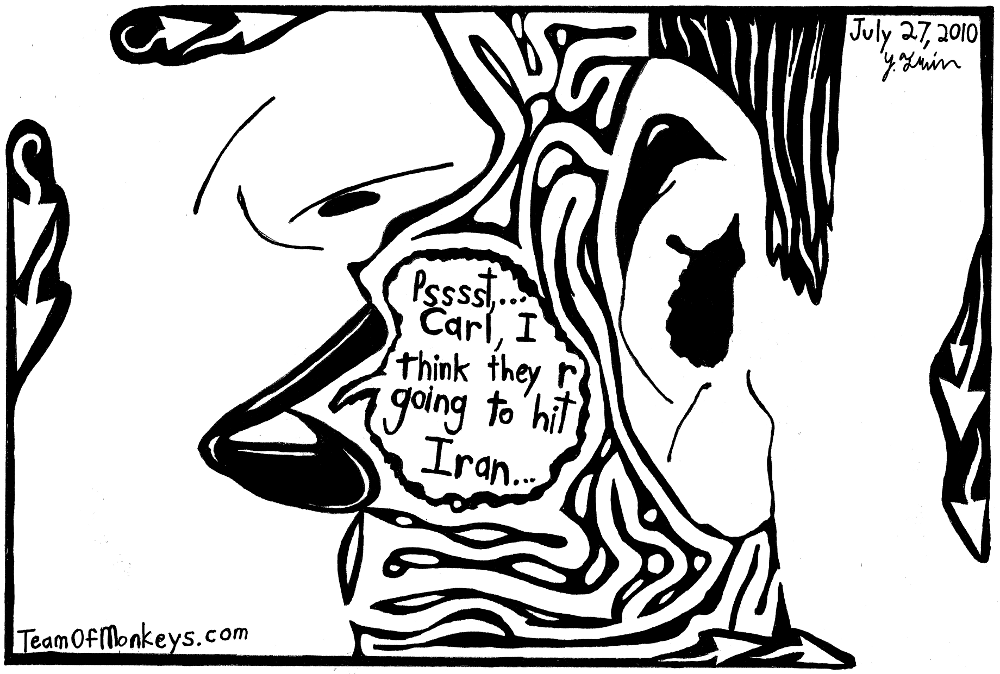
Maze cartoon of one person whispering to the other, "PSSST, Carl, I think they are going to hit Iran."
By Yonatan Frimer
Click here for a printable, hi-res version of this maze
Click here for the maze solution of Whispers on Iran
Mazes and maze op art of the singing and dancing elements of our world(s).

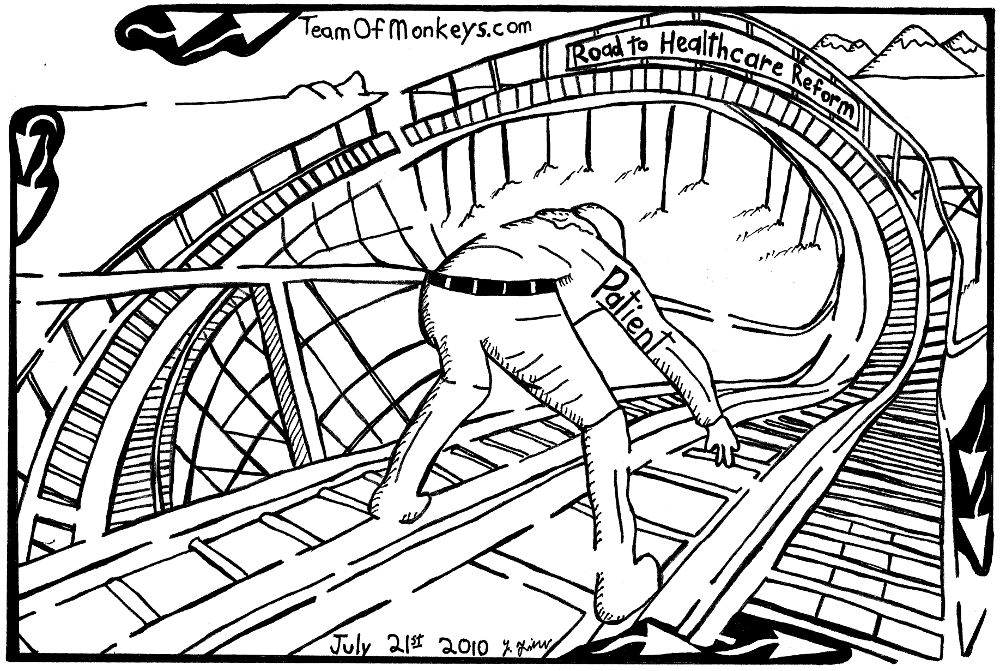

A senior Fatah leader said here on Thursday that the Israeli-Palestinians proximity talks did not yield any progress that meets previously set conditions.
The meeting between US President Barack Obama and Israeli Prime Minister Benjamin Netanyahu in Washington on Tuesday did not provide any good signs, Nabil Shaath, a Fatah Central Committee member, told reporters in Cairo after meeting with Arab League Secretary-General Amr Moussa.
Shaath and Moussa discussed the Middle East peace process and ways to achieve the Palestinian reconciliation and end the Israeli embargo imposed on the Gaza Strip since 2007.
"There has not been any progress through the indirect talks, and thus, a meeting (of the Arab Peace Initiative Follow-up Committee) requested by the Palestinian National Authority and was agreed to by Secretary-General of the Arab League, will take place soon," Shaath said, adding "that meeting will assess the whole situation and will make an Arab decision on the issue."
According to the Fatah leader, the Palestinian decision will be submitted to the Arab Peace Initiative Follow-up Committee's meeting scheduled for July 29, to coordinate a concerted Arab action.
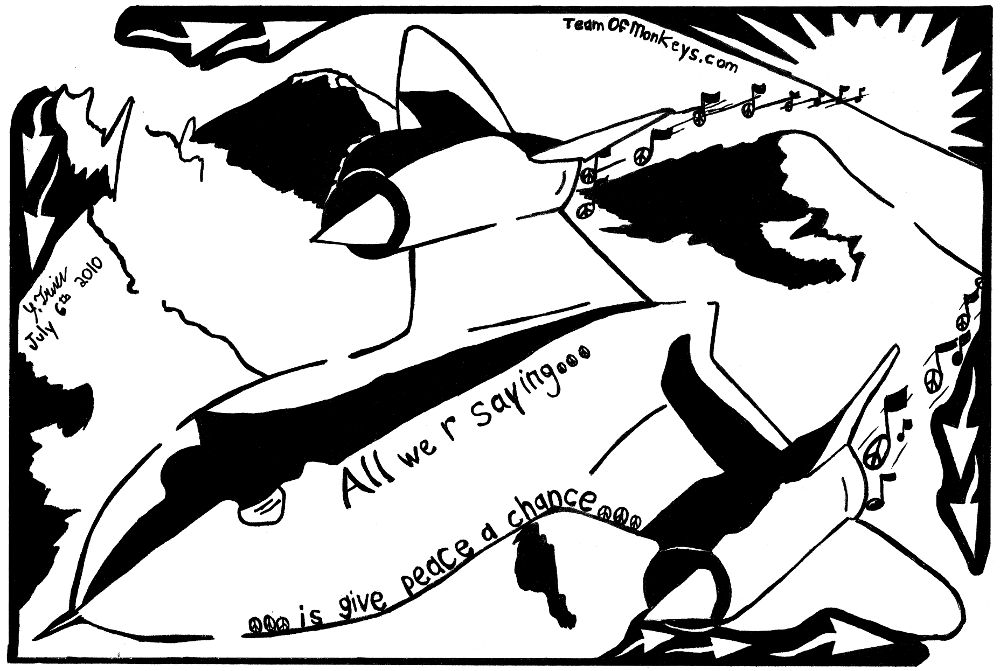
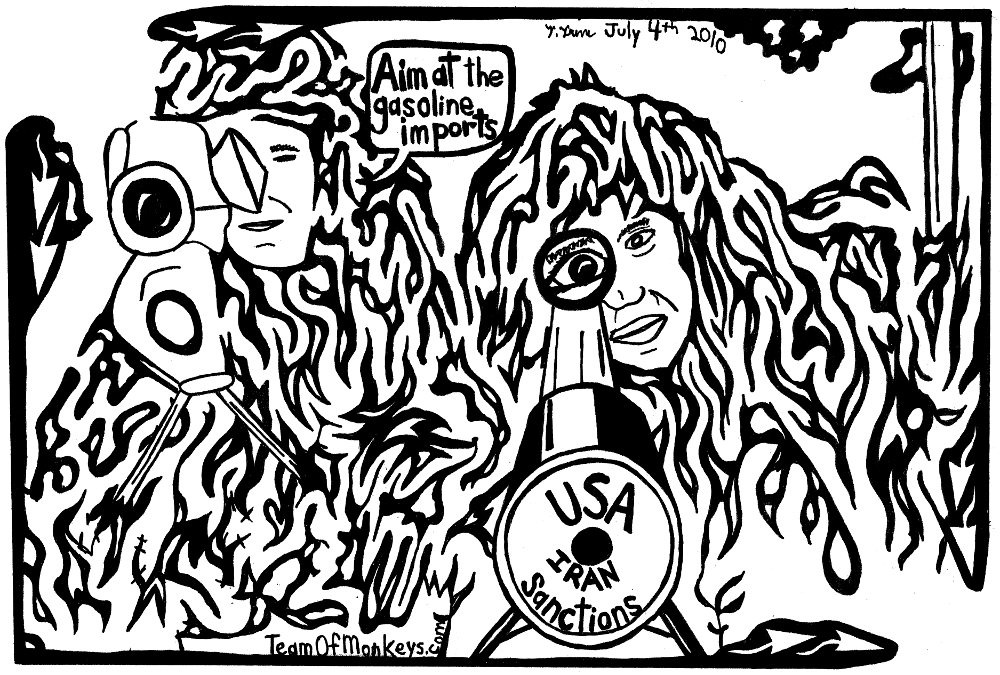
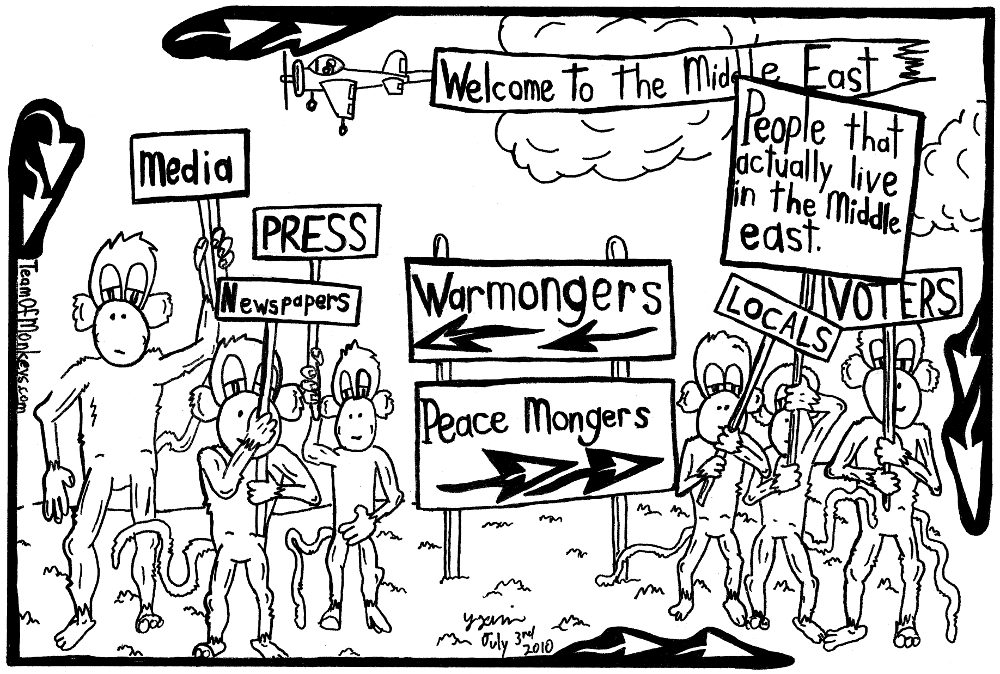




The group, National Priorities Project, conveyed the size of US war spending by highlighting other things that could have been bought with the money. For example, for the price of America's two wars, the US could give grants to all of America's 19 million college students for the next nine years. One trillion would also pay the annual salaries of 21 million policemen, the group says.
According to the report, the operations in Afghanistan and Iraq, which began in October 2001 and March 2003 respectively, are the most expensive military operations the US forces have ever conducted abroad since the end of the Second World War.
